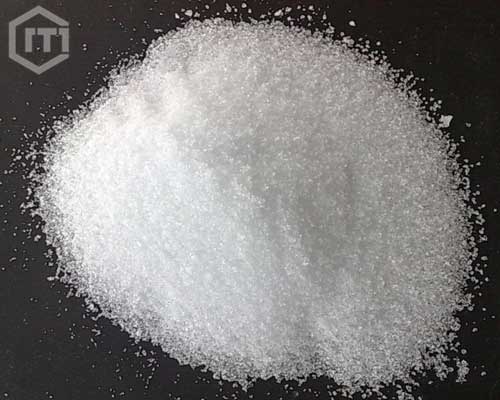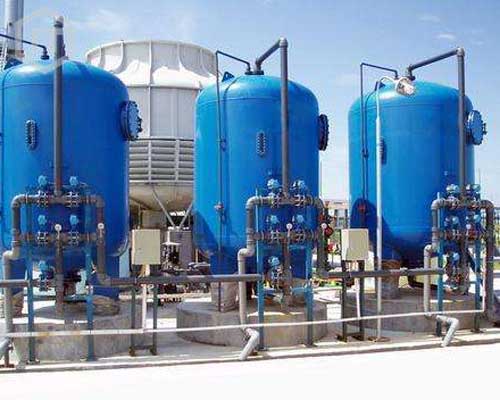Trisodium phosphate water treatment usually has two functions, one is to purify and improve the water quality to meet the special requirements, the other is to add it to the treatment agents to protect water equipment from water pollution. Water treatment agent refers to the chemical reagents added in the process of water treatment in order to remove most harmful substances in the water, such as, corrosion, metal ions, dirt and microorganisms, etc., and get the required water for civil or industrial uses.


Trisodium Phosphate Uses In Boiler Water Treatment
Add proper amount of tsp chemical powder to the boiler water, it can react with calcium and magnesium salts and other substances that easy to scale and form the loose sludge suspended in the boiler water. Then it can be discharged outside through the sewage and achieve the goal of reducing the scale.
Adding a certain amount of trisodium phosphate can increase liquidity in the dirt, because the magnesium phosphate produced is a kind of highly dispersed ability of colloidal particles, which can be used as the crystallization of the boiler water supplement. The calcium carbonate and magnesium hydroxide are precipitated on the surface of the particles, so that the particles become fine and are not easy to attach to the metal surface to form scale. In addition, the phosphate protective film formed on the surface of the boiler metal can prevent corrosion of boiler metal. It can also make the old scale, such as, sulfate and carbonate loose and fall off.
Scale Formation Mechanism And Scale Inhibition Mechanism
There are various salts dissolved in various water systems. They exist as ions, integrants or monomolecules in dilute solutions. In supersaturated solution, crystal nucleus is formed and the growth of nucleus results in precipitation.
The scale can form a soluble stable complex with metal ions in water, thus avoiding the combination of metal ions and anions as scale substances. The suspended particles that form the scale are surrounded by anion or non-ionic polymer, so that they have enough and same charge. Then the particles repel each other by electrostatic interaction, thus reducing the bonding ability and stabilizing the scale particles in the state of dispersion. The doping of scale inhibitor in the formed crystal structure distorts the regular crystal structure, which can make the crystal particles not form scale on the solid surface, but suspend in flowing water.

